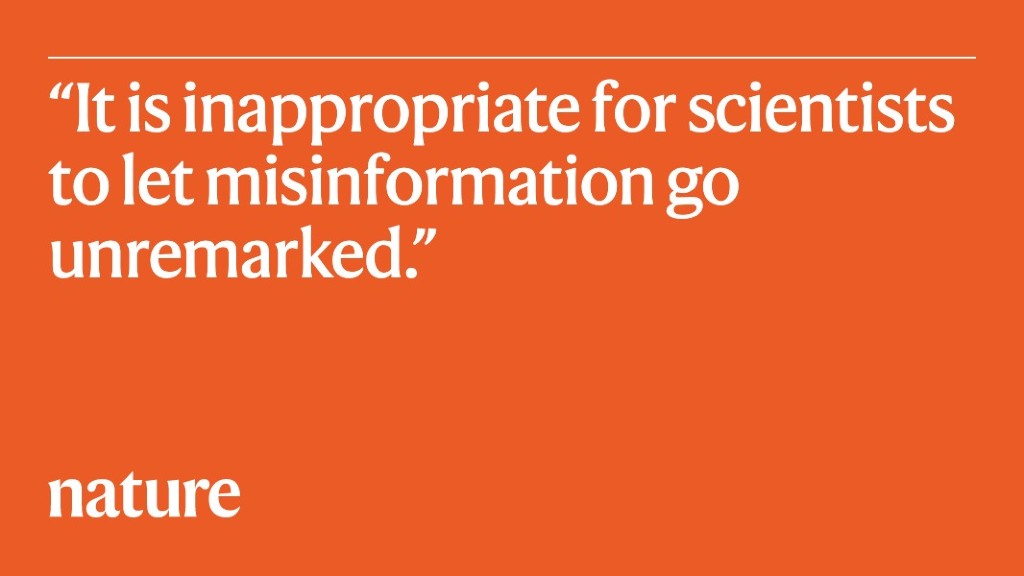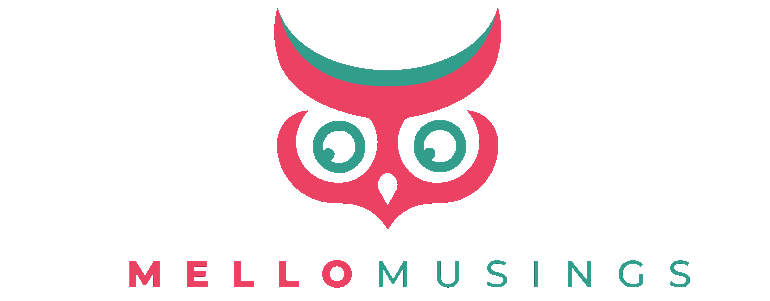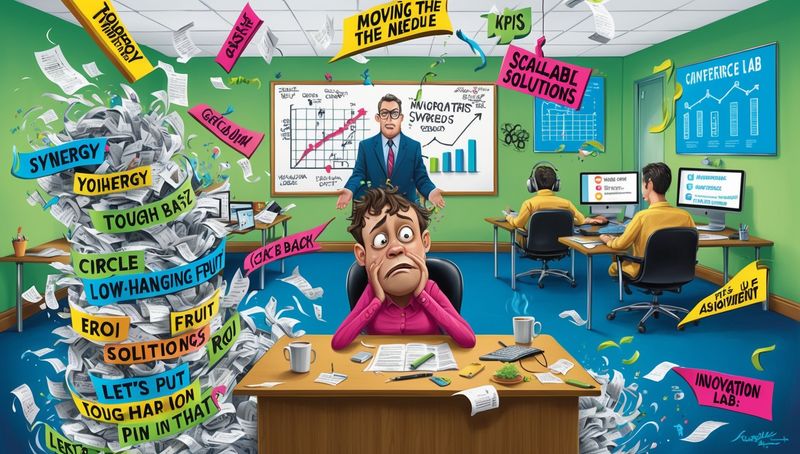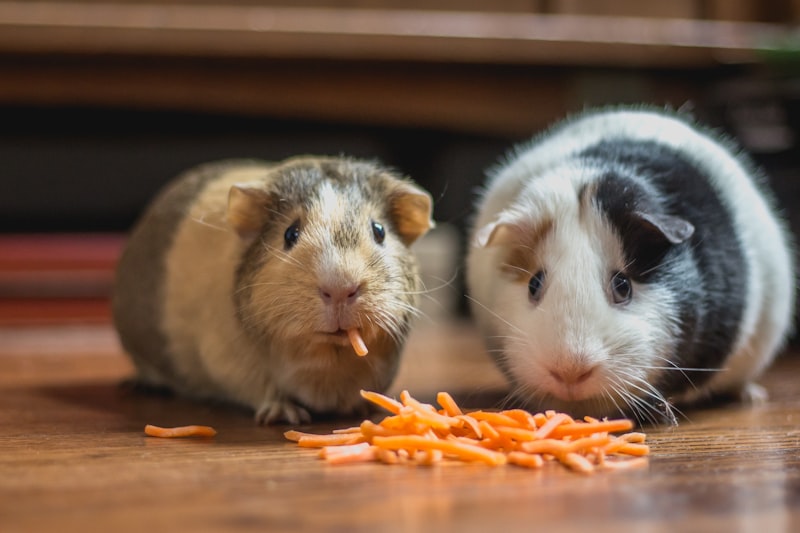Millions swear by Horoscopes, Vastu, Homeopathy & other pseudosciences - often only to fall prey to greedy quacks
Weeks into the worst pandemic in the modern era, something even more disastrous happened - Indian moms started forcing haldi dudh (turmeric milk) down kids' throats, huddled masses started chanting 'Go Corona!', while others took shots of cow urine.
For one, if you're drinking cow piss, you're pretty desparate. But also, it should atleast work doubly better than the vaccine. Unfortunately, it didn't, leaving a pretty 'bitter' aftertaste.
Such worrisome responses on the part of several Indian politicians, self-professed 'godmen' and unwitting citizens has exposed one of the biggest banes of our land over the past millennium - pseudosciences and scientific illiteracy.
You see, most Indians are never taught how to evaluate science or how to parse the good from the bad. Yet tech and science dictate our lives, and we often bumble our way through them....like analogue folks in a digital world.
Pseudosciences often emphasise on confirmation over refutation, on physically impossible claims, and on terms charged with emotion or false 'sciencey-ness'. An army of online influencers, media channels, news websites and dubious practitioners mint millions of dollars every month from such morally dubious practices. Especially in emerging countries like India, with low literacy and high poverty, where there is money to be made, there is interest abound.
These pseudoscience theories are often cute and fun, like puppies, and most of the time they are harmless. Sometimes, however, they get big, mean, aggressive, and have to be put down.
Every religion is brimming with such unscientific beliefs - which is why they are also called 'faiths'. This is exactly why holy scriptures aren't studied as a part of the 'science' curriculum at IITs, and pastors, priests or Imams don't deliver lectures on cutting-edge tech like AI & ML.
Please do love & respect your religion & traditions, but also stay abreast with the latest inventions in tech and stay open to changing your mind about long-held beliefs because of it.
For a country so proud of how our religious texts incorporate 'science' within them, our regressive anti-science and pseudo-scientific values, and fragile egos have cost us lives during the COVID-19 pandemic.
Both religion and science are different tools we use to navigate our lives. We look towards our religious scriptures and their guardians for advice on how to live fulfilling lives and low-key therapy. You won't use religion and pseudoscience to treat depression or other illnesses, just as you won't use a spoon over a shovel to dig a pit.
Here are the 10 most widespread pseudosciences in India you'd like to watch out for:
1. Astrology
Astrology claims astronomical phenomena care about humans (such hubris!). Scientific testing of astrology shows no evidence of any of its claims.
An ancient Hindu system of architecture, it's considered a pseudoscience by astronomers and rationalists like Jayant Narlikar, who writes that Vastu does not have any "logical connection" to the environment.
3. Acupressure
Similar to acupuncture, acupressure is based on the idea of 'life energy' that flows through certain acupuncture points, and you can clear 'blockages' in these systems with these techniques.
Quackwatch says acupressure is a dubious practice and its practitioners use irrational methods.
4. Aromatherapy
This one uses essential oils, and other good smelling stuff, with claims for improving psychological or physical well-being. There is no medical evidence that aromatherapy can either prevent, treat, or cure any disease.
5. Ayurveda
A 5,000-year-old alternative medical practice with roots in ancient India, Ayurveda is based on the belief that imbalance or stress in a person's 'consciousness' is the cause of diseases. As with other traditional knowledge, much of it was lost.
The most notable advocate of Ayurveda is Deepak Chopra, who claims that it's based on dubious quantum mysticism.
This one believes crystals have healing properties. There is no scientific evidence that crystal healing has any such effect.
7. Homeopathy
Homoeopathy claims water can cure you because it once held medicine. Kind of like saying, you can eat off an empty plate because it once held food. No scientific basis for homoeopathic principles has been substantiated.
8. 'Toxins'
The definition of toxin is different in medical journals, and on Instagram. On Instagram, it's a mysterious bad thing whose chemical composition is unknown, but if we gulp down an overpriced 'health' smoothie, it would lead to magical wealth-loss and clean our 'chakras'.
9. Naturopathy
A type of alternative medicine based on a belief in vitalism, which holds that a special energy called vital energy or vital force guides bodily processes such as metabolism, reproduction, growth and adaptation. This one has been widely criticized for its unproven, disproven and especially dangerous treatments.
10. Reiki
Yet another form of alternative medicine, reiki practitioners use a technique called palm healing or hands-on healing through which is a 'universal energy' is said to be transferred through the palms of the practitioner to the patient in order to encourage emotional or physical healing.
Clinical research has not shown reiki to be effective as a treatment for any medical condition.
Still believe in these treatments? Essential reading! :)
/https%3A%2F%2Fblogs-images.forbes.com%2Fthumbnails%2Fblog_2416%2Fpt_2416_238_o.jpg%3Ft%3D1352758031)




It's fine to be unaware initially, it's not fine to be willfully ignorant perpetually...












